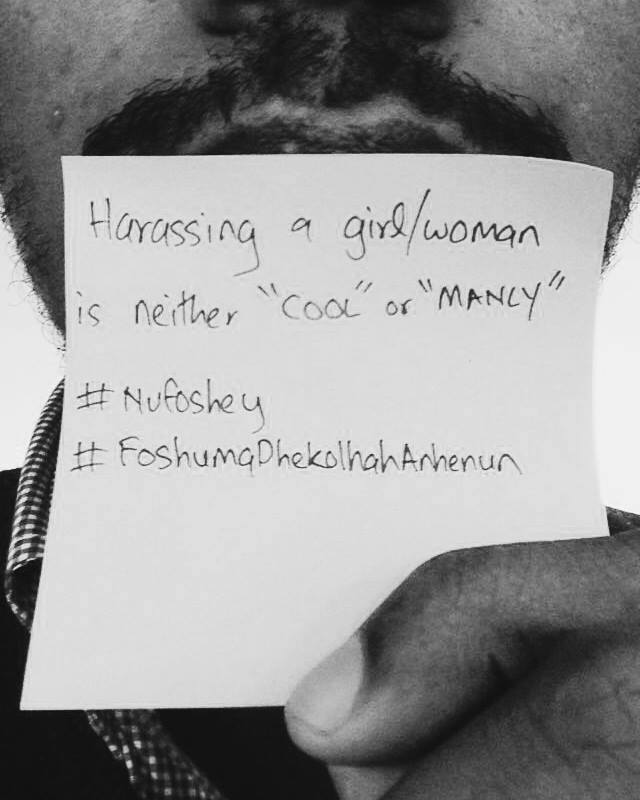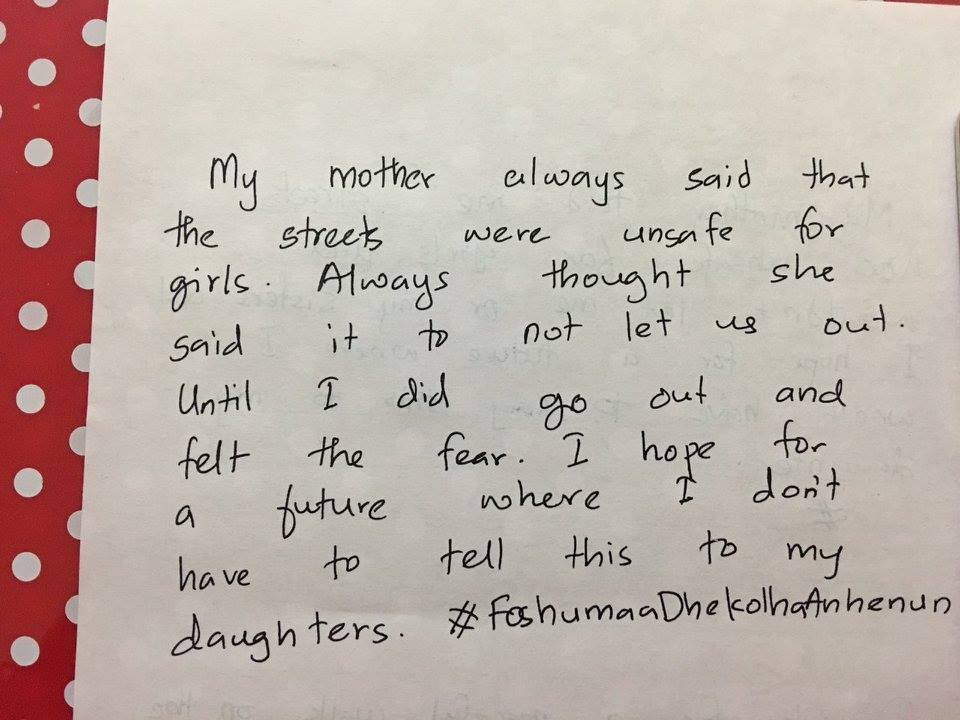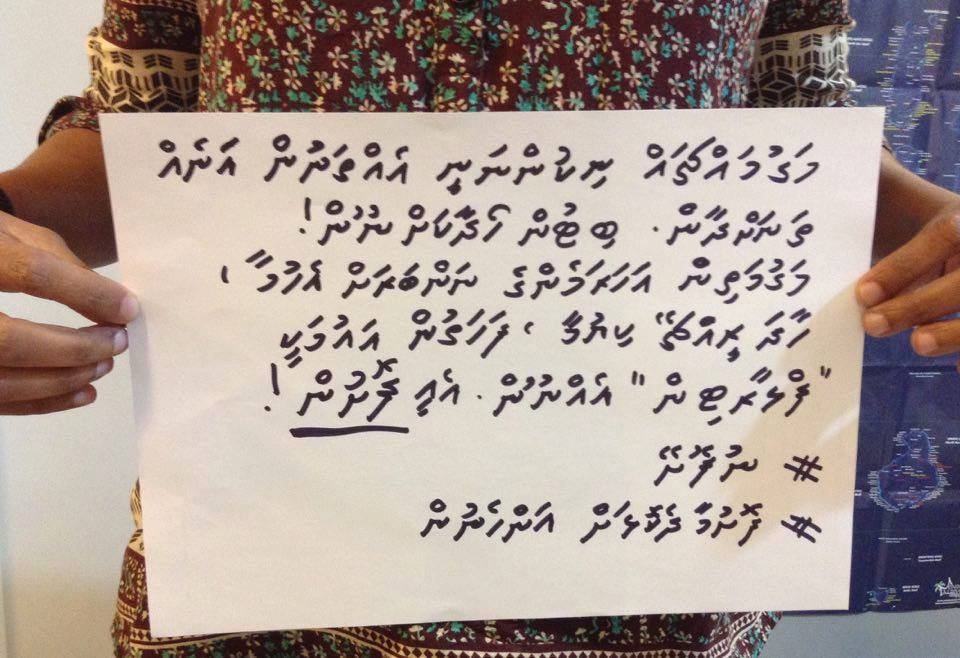Despite the achievements in addressing gender inequalities in the Maldives, situations related to women’s rights have worsened in the past 10 years affecting reproductive health and rights, empowerment and access to the labor market. This is valid in some of the most remote atoll-islands but also in bigger cities like Male’ where women and girls experience disadvantages every day.
Gender based violence, including sexual harassment, is a major problem in Maldives. Recent surveys indicate that 96% of women have faced street harassment at some point in their lives, with 60% first facing harassment before the age of 14 and 40% before they turn 10. Furthermore, 89% of the victims have never reported it to the police.
“When I was 13 I was groped on the road by a man on a motorbike. I was with my mom when this happened, she asked ‘why didn’t you hit him?’. I think it was my mom who made me this way because every time she would walk back to talk with the person and give him a piece of her mind”, says Aisha*.
After three years studying abroad, Aisha was apprehensive about her return home, “I could count the number of times I was harassed in one hand and since I came back home it happens every day, all the time. There is definitely a need to take these issues more seriously within law enforcement and handle these cases with more sensitivity”, she said.
Together with her friends she launched Nufoshey, which in Dhivehi stands for “Stop Harassing”, an online platform demanding for change. In three years, they have joined the millions worldwide who are airing their experiences using the hashtag #MeToo.


"Nufoshey exists as a platform where victims can share their stories to raise awareness. It's important for people to come together and to know that they are not alone. And I think that we have created a space where women don't have to feel alone", explains Aisha. "That was the first big step we took: we are here, there's someone listening to you", she added.


As Aisha* is encouraging online audiences to stand up against sexual harassment and other forms of discrimination against women, Shiba, 22, dedicated her Bachelor thesis on the subject.
“One of the negative consequences of stranger harassment is women voluntarily restricting their freedom to move around in public spaces (…) severely reducing women’s quality of life”, she writes, explaining that Sexual Harassment in public spaces should be recognized by law “the Sexual Offences Act (16/2014) of Maldives addresses sexual harassment at work place, but fails to address sexual harassment in public spaces”.
Large majorities face sexual harassment in Maldives, affecting women of all ages on their way to school, work and then back home. But as much as Nufoshey is leading the fight to end sexual harassment, they find themselves protecting their own identity in fear of further harassment.
“It’s hard to be a female activist in the Maldives, I think it’s harder to be a feminist activist in the Maldives. But there’s also been so many wins in the past couple of years and I start thinking that it could be better in the future”, says Aisha.
Throughout our work, UNFPA is committed to prevent all forms of gender-based violence and to draw attention on this issue by engaging governments, civil society and local communities envisioning a solid network of support.
Tatiana Almeida
* Not her real name


